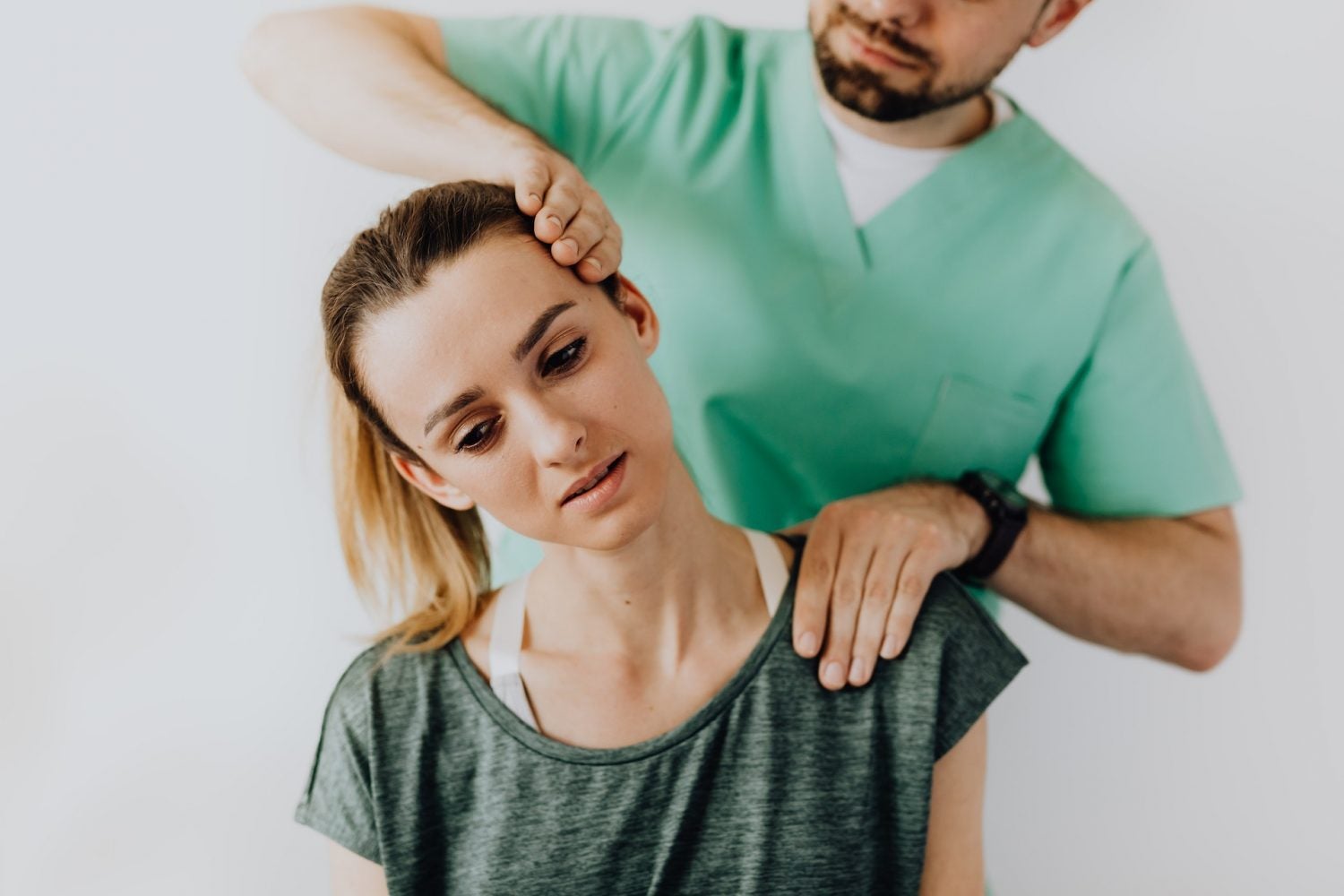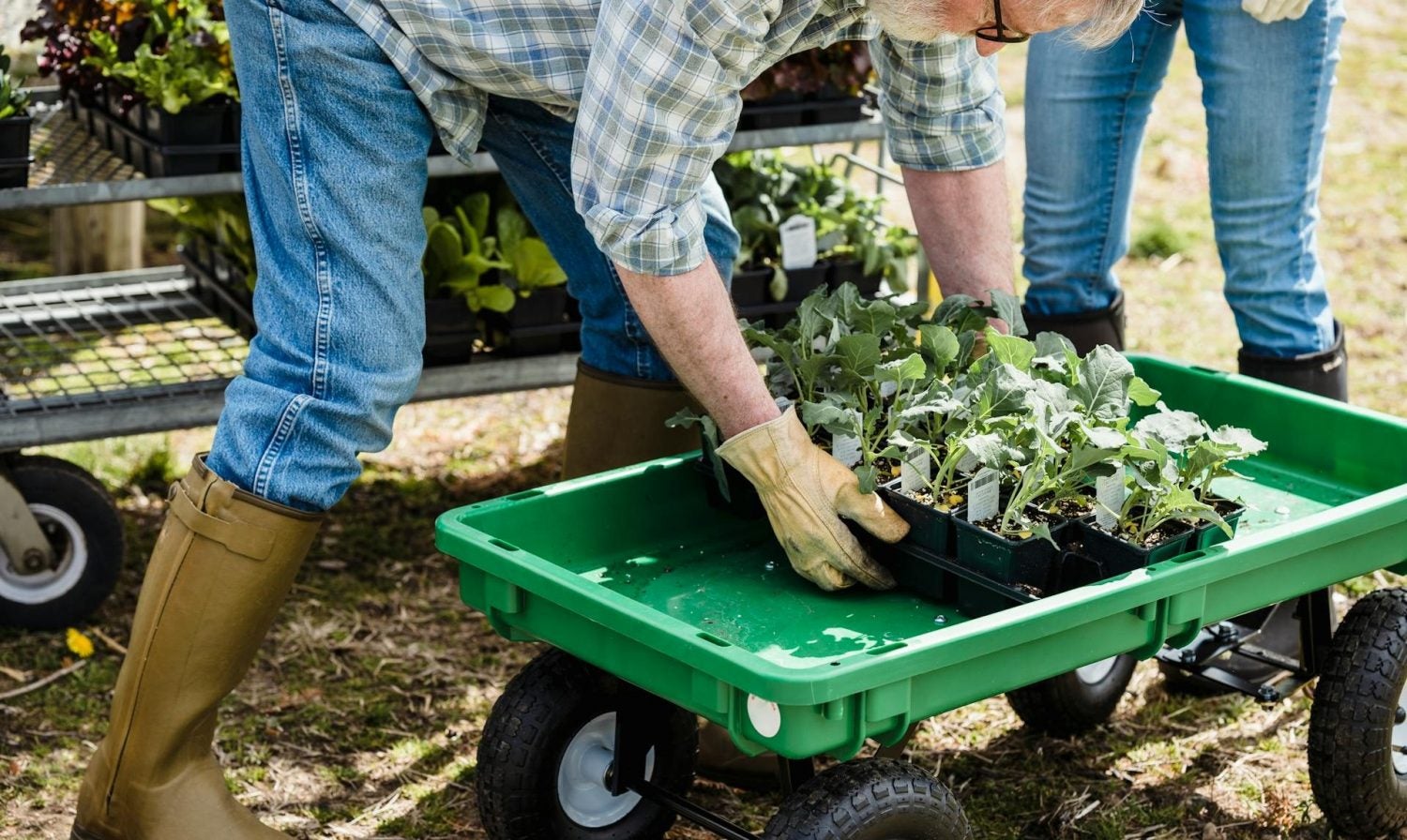Injuries are inevitable, whether or not you lead an active lifestyle. As such, it’s best to be prepared for dealing with the recovery process efficiently, rather than having your life disrupted for a protracted period.
With that in mind, here are some useful tips to put into practice if you want to accelerate your recovery from an injury, and get back out there sooner rather than later.
Pursue compensation if someone else was liable, e.g. in a car accident
First and foremost, you need to recognize that the physical as well as the psychological fallout of an injury can do untold damage to things like your finances, your career, and your personal relationships.
For that reason, seeking compensation is sensible in the case that the injury occurred because of a mistake made by a third party.
For example if you’ve been in a collision on the road, getting in touch with car accident lawyers if you’d like to pursue compensation is sensible. That way you can cover medical bills, deal with income issues, and make life less stressful while you are recuperating.
Take the advice of a medical professional
The second point to bear in mind is that every injury is different, and thus there will be different techniques to aid recovery that are unique to you.
Your doctor, or a physical therapist, will be able to tell you what steps to follow to pave a swift path to recovery.
Also remember that some routines which help some injuries will exacerbate others, so don’t mix and match without checking with a professional first.
Drink plenty of water
A universally useful piece of advice for people who are mending after an injury is to maintain healthy hydration levels.
Average adults need between 2 and 2.5 liters (67-84floz) of liquid a day, and you can increase your intake beyond this if you have an ailment that is in the process of healing.
Aside from helping with your overall health, drinking water is useful for injuries in particular because it means the restorative chemicals in your bloodstream can get where they need to go easily.
Avoid caffeine & alcohol
While water will boost your body’s innate healing abilities, there are liquids that will have the opposite effect, and the main culprits are caffeine and alcohol.
Staying away from coffee, tea and any type of booze until your recovery is completed is good advice, and could even put you on the path to a healthier lifestyle once you are up and running again.
Change your diet
What we eat has an effect on how our bodies deal with injuries, and as you’d expect you stand a better chance of battling any ailments if you are following a diet that’s rich in fruits and vegetables, rather than one that’s replete with fast food.
Protein is also an important element, because you need it to build back and muscles that might have been under-used during the earlier stages of your recovery, so look for a well-balanced nutrition plan to get the best results.
Check in on your mental health
The physical aspect of an injury is really only half the story, because any dramatic incident and the changes that it brings to your routine and your body can have a detrimental effect on your mental health as well.
It’s not uncommon for bouts of depression to be triggered by injuries, and so speaking to those in your life about your struggles, and even consulting a therapist if you are not doing so already, will help you address these issues head-on. Trying to push them to the back of your mind or pretend that they aren’t there at all will only prolong your suffering and could have other unwanted side-effects.
Don’t rush to return to normality too soon
Wishing for a speedy recovery is a good thing, and taking steps to ensure this will help further. But on the flip side, you don’t want to get over-confident about your physical abilities too soon, because trying to get back to your normal routine before the healing has completed can make things worse rather rapidly.
Plenty of rest is often the best medicine for physical injuries, and easing yourself back into any workout schedule, rather than going all-out immediately, is wise.
Again, your doctor will give you guidance about how long to wait before you start testing the part of your body that was injured again, and what to do if it is still not 100% better within the allotted period.
Make the first signs of pain a hard limit for movement
In the world of sport, the saying ‘no pain, no gain’ is still bandied about far and wide. And while it’s true that if you push your body hard it can lead to benefits during training, this definitely doesn’t apply where injuries are concerned.
It’s a good rule of thumb for recovery to only move the affected body part up to the point where any pain is felt. You should not push through this pain, because this will either make the injury worse, or at least put the brakes on the healing process.
Likewise once you get to the stage when you are able to work out again, don’t take pain or swelling lightly. Easing off and resting for longer might seem like you’re taking a step backwards, but in reality you’re saving yourself from even more injuries and downtime.
Choose workouts that don’t put strain on your body
Just because your injury is impacting one part of your body, that doesn’t mean you can’t find other ways to stay active, so long as it is in keeping with the advice of your doctor.
Swimming is one of the best examples of this, because when you’re floating in the water there’s no direct pressure being exerted on any part of your body. You can just work with your arms, or with your legs, to get some exercise while being fully supported evenly by the water itself.
Ask for the support of your friends and family
One often overlooked issue which can lead to a longer recovery time is pride; trying to look after yourself and do everything when you’re incapacitated won’t get you fit and healthy again soon.
Because of this, you should always ask friends and family members to help you out if you need it, rather than trying to soldier through.
Also bear in mind that you will need to change how your social life operates if your injury is serious enough. This feeds back into the idea of taking stock of your mental health, and being aware that having a support network around you during the hard times is one way to see them through as painlessly as possible.
Don’t smoke or vape
If you’re a smoker or a fan of vaping, giving up these habits when you are injured will catalyze the healing process. Meanwhile if you persist in puffing away on cigarettes or using your preferred e-cig, your body’s resources will be split between coping with the damage these are doing, and dealing with your injury.
In fact if you’ve been meaning to quit for a while, an injury could be the ideal opportunity to commit to this. Stopping smoking will leave you less prone to injuries in the long term, so it’s well worth doing.
Order shopping online
Another way to ensure that you actually stick to your regimen of rest and recuperation is to avoid visiting stores in person and instead get items delivered to your home.
This is particularly worthwhile if you usually spend a long time buying groceries every week, because this process can put undue strain on your body which might perpetuate whatever problem you’re facing.
You could of course ask a friend or family member to do your shopping for you, but in an age where ecommerce is so widely available, there’s little need to do so.
Improve the quality of your sleep
Sleep is another crucial part of healing, and in fact our bodies do much more work to restore and repair damaged elements when we are catching some Zs compared with when we are awake.
Of course if your sleeping patterns are imperfect or disrupted, it’s worth making changes to enhance the quality of the overnight rest you are getting.
A lot of the previous pieces of advice we’ve given will contribute to this, such as cutting out caffeine, alcohol and nicotine. Another good idea is to stop using your mobile phone in the last few hours before bedtime, because of how the blue light emitted by modern screens can keep us awake.
The bottom line on recovering from injuries
It’s understandable to be eager to get over an injury, but really the main thing you need is patience. If you accept that you are going to have to give your body time to heal, then you will not be as frustrated by the processes involved.



















